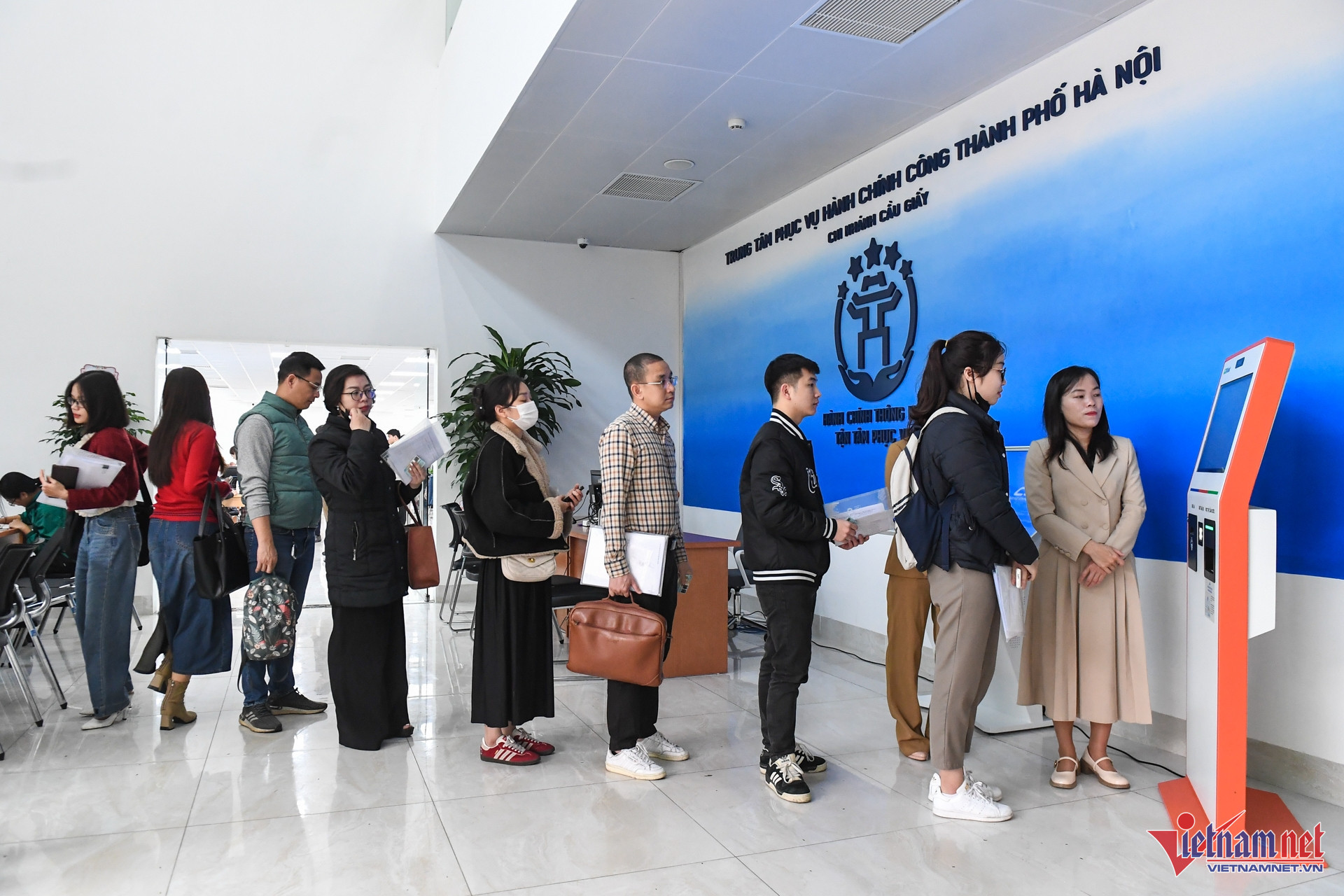
Dealing with the results of the current administrative system restructuring, such as job reassignments, has been a burning issue.
Most VietNamNet’s readers agree that incapable workers must be removed.
“Not only bad officers, but bad leaders also need to be excluded from the administrative system,” said Hoang Viet.
Meanwhile, Truc Anh argued that deputy department heads, department heads, commune chairpersons, district chairpersons, deputy district chairpersons, and district department heads lacking competence should be let go, as their livelihoods wouldn’t be heavily impacted. For remaining staff and specialists, those with insufficient skills or on-the-job degrees should be dismissed, while others should undergo retesting and reevaluation.
“Those who must leave should be trained in trending jobs to secure employment—like content creation, online sales, office management, human resources, running a shop or eatery, or even starting a business,” the reader suggested.
Another reader proposed that the state should provide a two-year salary for those excluded from the administrative system or two years of regular pay, then no further support, for people to resign or retire early. Two-year salaries are enough for them to find new jobs, and it wouldn’t strain the state budget as much as current policies.”
“Being streamlined isn’t necessarily bad news,” Thanh Tam shared. “Sometimes people stick to their comfort zones out of habit, but when forced to adapt, they might break through in other fields, discovering they’re suited for different, better-fitting jobs. Boldly step away from state agencies and try new sectors.”
Some expressed concern about the state budget bearing a hefty compensation for streamlining or voluntarily resignations.
“With so many redundant officials, civil servants, and workers, can the state budget handle payments under Decree 178?” Pham Bang asked.
Conversely, others believe current support policies make life manageable for those streamlined, with some even eager to leave. Skilled individuals might prefer private-sector roles for better recognition and higher pay.
Nguyen Duc Vinh raised a noteworthy issue: “Current merger discussions focus on reducing administrative units numerically, but not on substantive job changes by nature that would justify personnel surpluses. New tasks beyond their expertise, tied to the merger process, might even emerge.”
This reader stressed the need to clarify changes in administrative procedures—such as which processes are digitized or decentralized—post-reorganization, to demonstrate which roles will become redundant.
“Every revolution involves sacrifice and pain, but weighing gains against losses, streamlining intermediate administration benefits the people and nation. If we keep hesitating and backtracking, we’ll never get it done,” he said.
Thu Hang